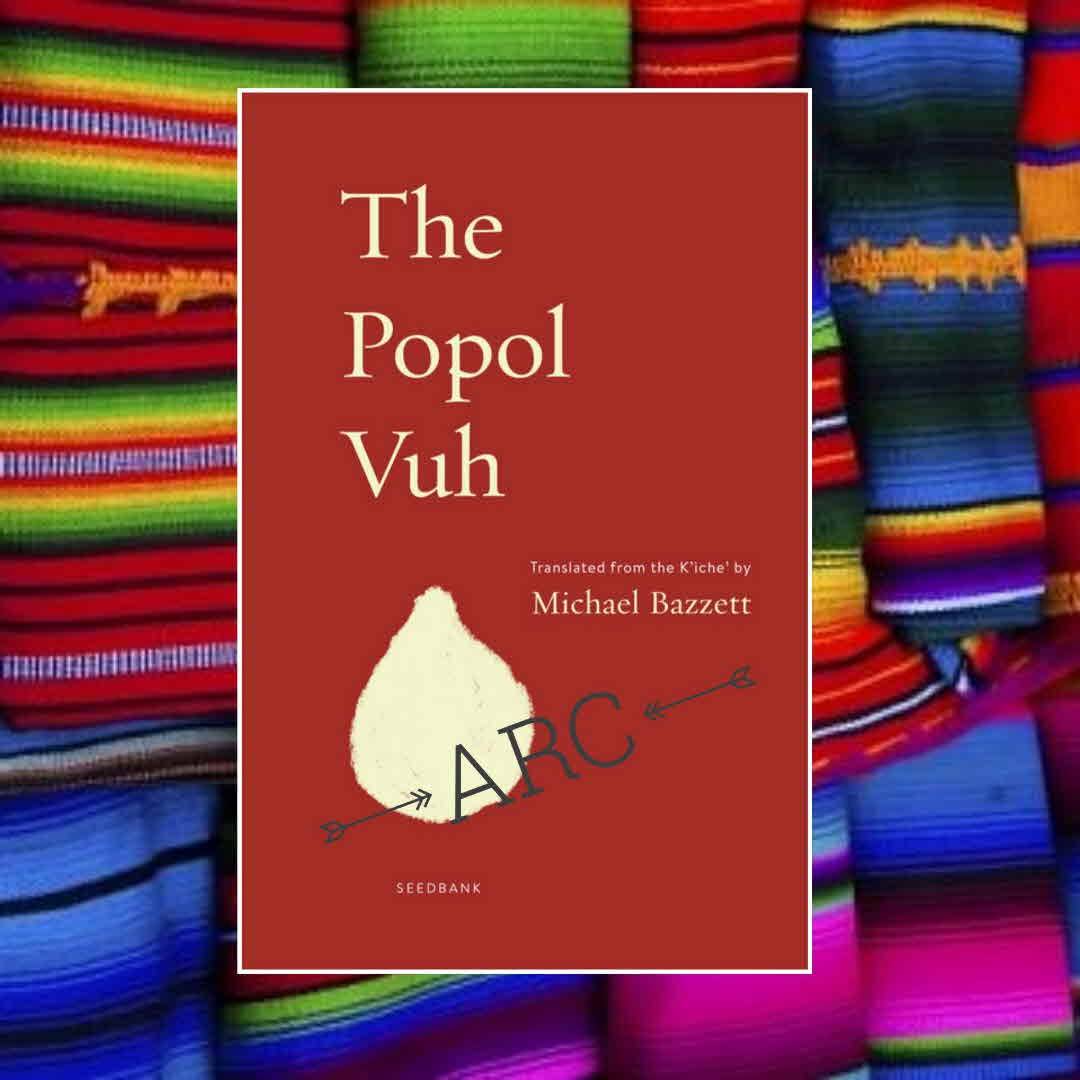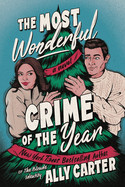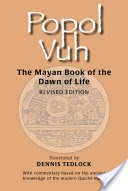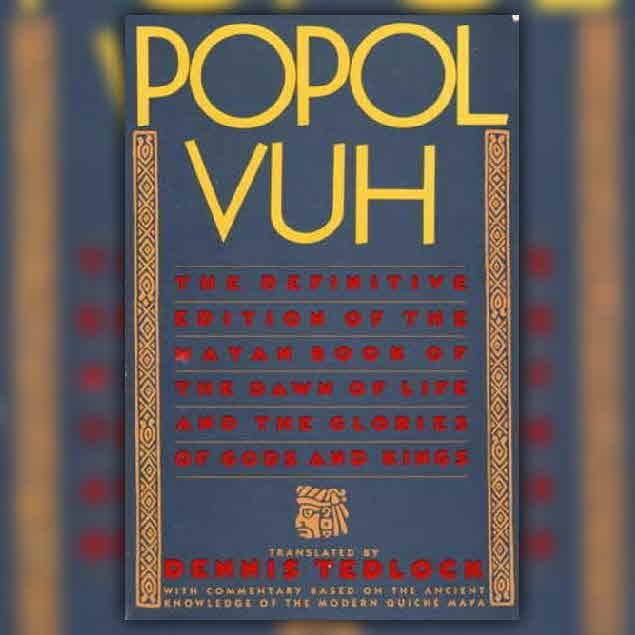
(Review is of an edition not in Litsy)
An epic poem of creation and culture from the K'iche' people of what is now Guatemala, newly translated into verse by Michael Bazzett.
This came out August 2018 and I had an eARC that I was late to get to. I found it breathtaking and intriguing throughout, but I especially liked the long period before the humans turn up, and how many elements of the culture are embedded into the creation story.




















